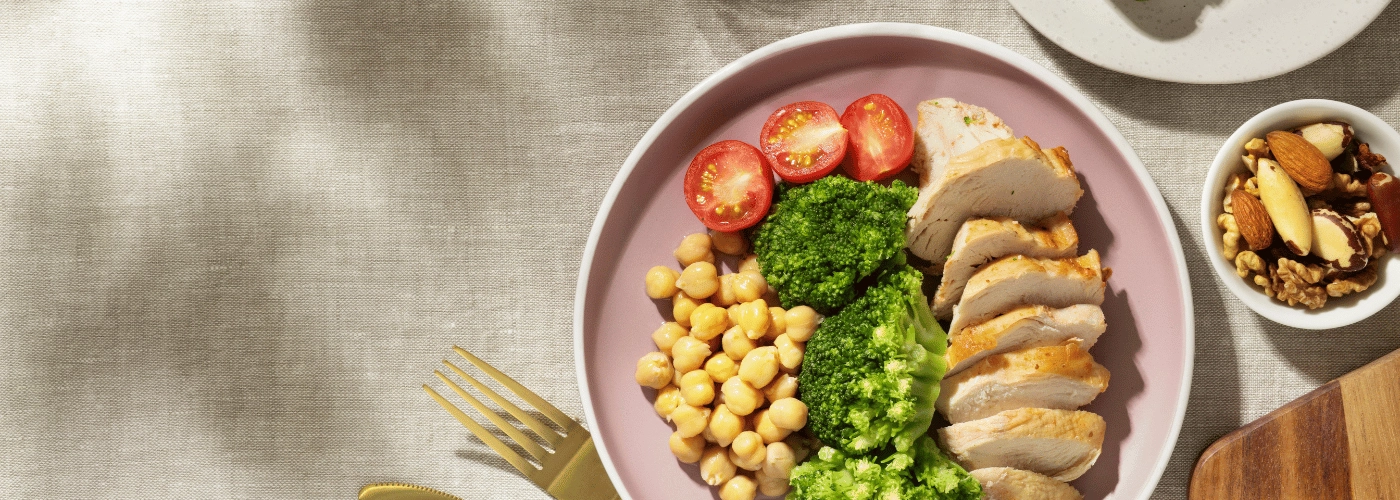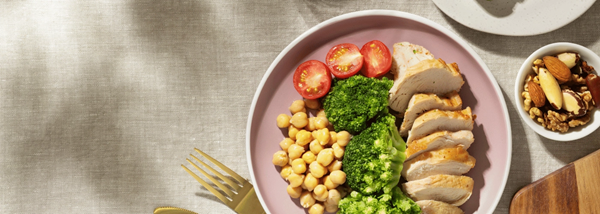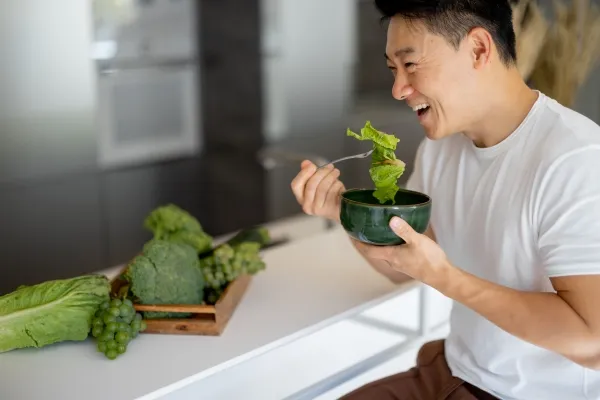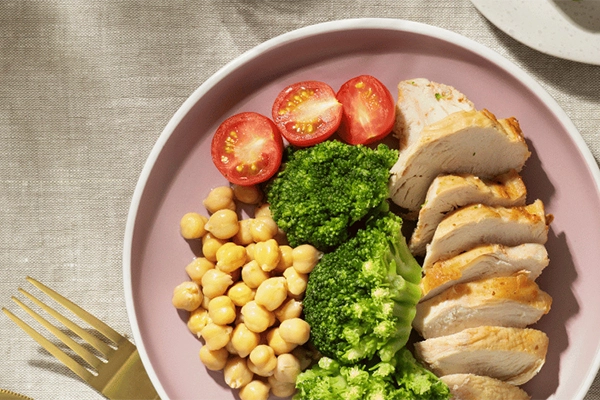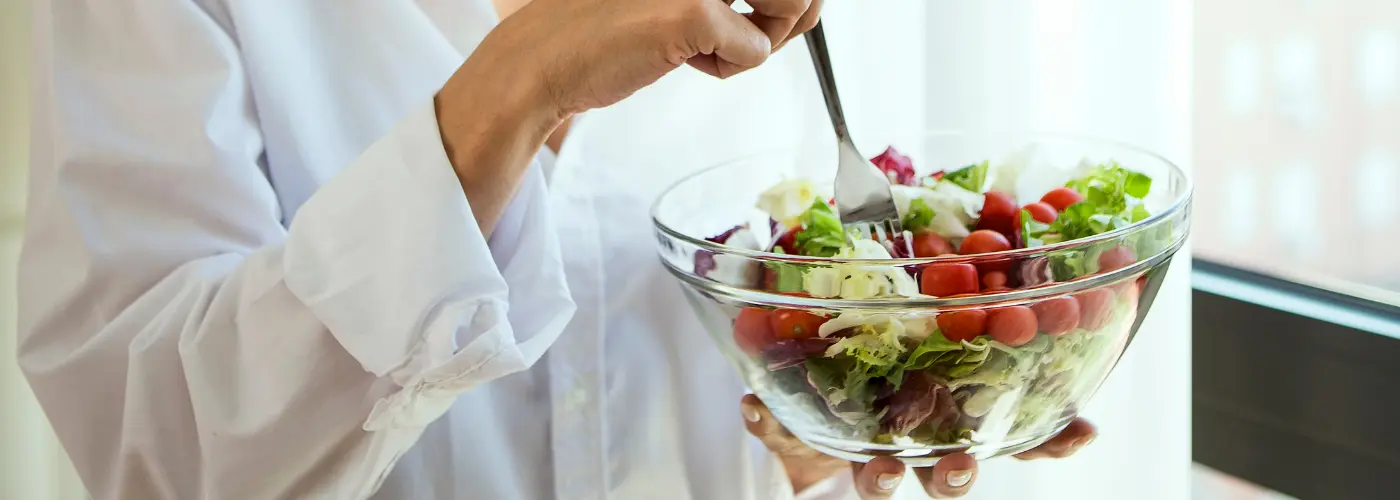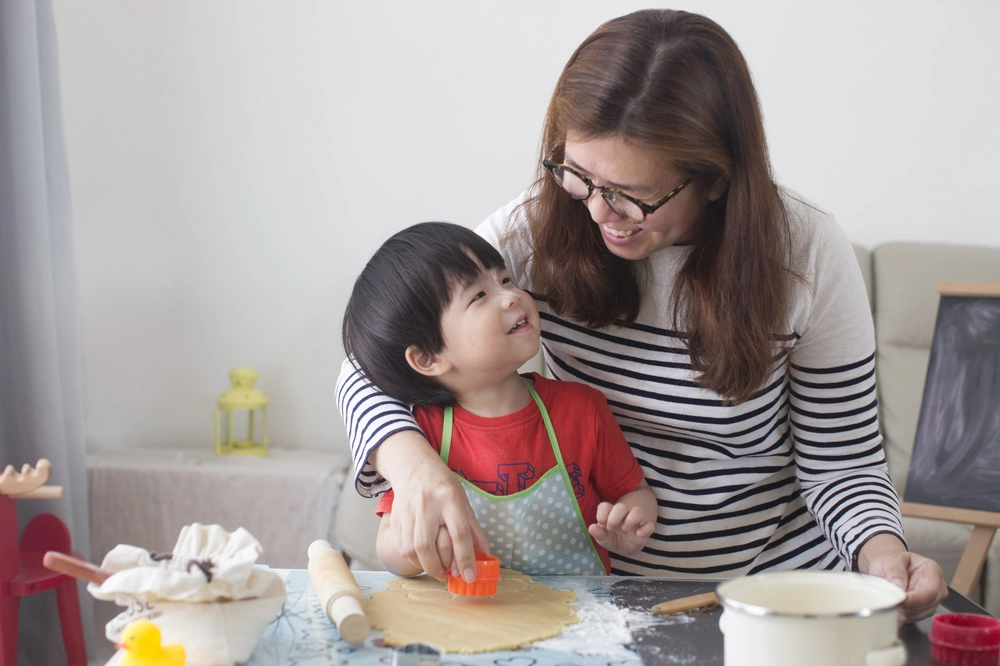Topics
Gastroenteritis, commonly referred to as the stomach flu, affects millions globally every year. In Malaysia, both children and adults are prone to this condition, which causes vomiting, diarrhoea, and stomach cramps. The infection can result in dehydration, making it vital for patients to manage their diet during recovery. The right foods and hydration practices play a crucial role in easing symptoms and speeding up recovery.
According to the World Health Organisation (WHO), proper nutrition and fluid intake are fundamental in preventing complications, including severe dehydration. In this article, we will explore key dietary considerations for those suffering from gastroenteritis.
How Does Gastroenteritis Affect Your Body?
Gastroenteritis affects the digestive system by causing inflammation of the stomach and intestines. This results in vomiting, diarrhoea, abdominal cramps, and dehydration. The body loses essential fluids, electrolytes, and nutrients, which can lead to further complications if not addressed. WHO reports that gastroenteritis is a significant cause of illness, particularly in children under five. While symptoms may resolve in a few days, it is vital to manage your diet to ensure adequate recovery and avoid additional stress on the digestive system.
What Foods Are Safe to Eat During Gastroenteritis?
When managing gastroenteritis, consuming foods that are easy on the stomach and help restore lost nutrients is essential. The right foods aid digestion and ensure hydration while avoiding further irritation to the gut.
1. Clear Broths and Soups:
Clear broths, such as chicken or vegetable broth, are gentle on the stomach and offer hydration and essential nutrients without overwhelming the digestive system. These broths provide fluids, electrolytes, and minerals that may be lost due to vomiting and diarrhoea.
2. Bananas:
Bananas are an excellent food choice for gastroenteritis patients as they are part of the BRAT diet (Bananas, Rice, Applesauce, and Toast). They are rich in potassium, an important electrolyte that is often depleted during gastroenteritis.
3. Rice and Plain Toast:
Foods like rice and plain toast are low in fibre, making them easy for the stomach to process. They help absorb stomach acid and provide energy without irritating the digestive system.
What Foods Should Be Avoided During Gastroenteritis?
Certain foods should be avoided as they can irritate the stomach further and delay recovery from gastroenteritis. It is best to stay away from foods that may increase inflammation or exacerbate symptoms like nausea and diarrhoea.
1. Dairy Products:
Dairy products can be difficult to digest during gastroenteritis, particularly if the person develops temporary lactose intolerance. Milk and cheese can increase bloating and gas, worsening the symptoms.
2. Fatty and Fried Foods:
Fried or fatty foods are heavy on the stomach and difficult to digest, potentially leading to nausea and vomiting. These foods can also exacerbate diarrhoea due to their high fat content.
3. Spicy Foods:
Spicy foods can irritate the digestive tract and worsen inflammation. Spices like chilli can increase the likelihood of nausea, diarrhoea, and stomach cramps.
How Can I Maintain Proper Hydration During Gastroenteritis?
Hydration is one of the most critical aspects of managing gastroenteritis. Dehydration can occur quickly, particularly with prolonged diarrhoea and vomiting. Therefore, it is essential to replenish lost fluids regularly.
1. Oral Rehydration Solutions (ORS):
ORS are specially formulated to replace lost fluids and electrolytes, making them a top choice for rehydration. They contain a balanced mixture of salts and sugars that help the body absorb fluids efficiently.
2. Water and Electrolyte-Rich Drinks:
Drinking plenty of water and electrolyte drinks is essential for preventing dehydration. Electrolyte drinks help replace lost minerals, such as sodium and potassium, which are critical for maintaining the body’s fluid balance.
Frequently Asked Questions
1. How long does it take to recover from gastroenteritis with proper diet?
With proper diet and hydration, most individuals recover from gastroenteritis within 3-5 days. However, recovery time may vary depending on the severity of the infection and the individual's overall health.
2. Can I eat dairy products after recovering from gastroenteritis?
After recovering from gastroenteritis, it is best to reintroduce dairy gradually. Some individuals may still have temporary lactose intolerance, which can cause bloating and discomfort.
3. Should I avoid eating solid food during the early stages of gastroenteritis?
Yes, it is recommended to stick to clear fluids and bland foods like rice and bananas during the early stages of gastroenteritis. These foods are gentle on the stomach and help ease digestion.
4. Is it necessary to take antibiotics for gastroenteritis?
Antibiotics are usually not needed for viral gastroenteritis. However, bacterial infections may require antibiotic treatment.
Book an Appointment at Pantai Hospitals
If you have concerns about gastroenteritis or other gastrointestinal symptoms, please reach out to your nearest Pantai Hospitals by making an appointment through our website, or download our MyHealth360 application from Google Play Store or Apple App Store. Our expert gastroenterology team is here to help you find relief and manage gastroenteritis effectively.
Pantai Hospitals have been accredited by the Malaysian Society for Quality in Health (MSQH) for its commitment to patient safety and service quality.



